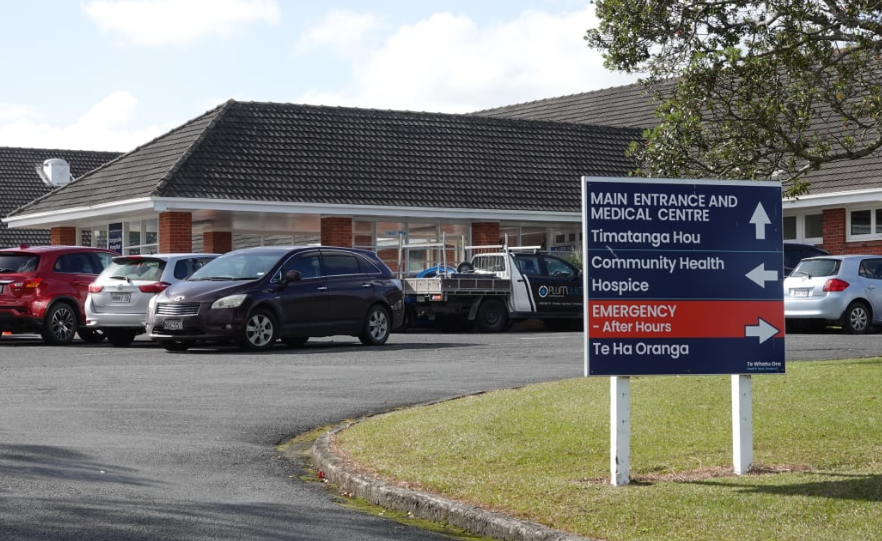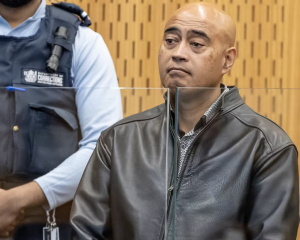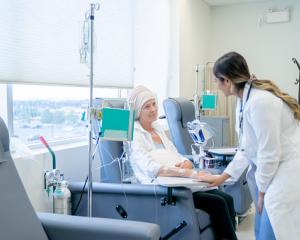
By Peter de Graaf
Health Minister Shane Reti's office has quashed rumours that Dargaville Hospital in Northland could be closed down, saying any such speculation is "utterly wrong".
RNZ asked Dr Reti if there were any plans for the beleaguered hospital - either extra investment, expansion, downsizing or closure - and was told closing it was not under consideration.
A spokesperson for Reti said Health NZ would respond with a progress update on staff recruitment at Dargaville and services for the people of Northland.

The hospital - which serves a population of more than 27,000 people across the Kaipara District - has been struggling to fill its medical roster for some time.
Its emergency department and 12-bed inpatient ward are often without a doctor after hours, forcing stressed nurses to rely on a commercial telehealth service for support.
Top Northland health officials were to have met Dargaville nursing staff on Friday last week.
It is not clear if that meeting went ahead, as staff have been barred from speaking to media.
If the hospital were to close its overnight beds, that would mean transporting patients to Whangārei Hospital, which has its own problems - in particular, high demand on its emergency department.
Whangārei is just under an hour's drive from the town via State Highway 14.
Many emergency cases are already taken directly to Whangārei due to Dargaville Hospital's doctor shortage.
St John has confirmed to RNZ that Dargaville has just one ambulance.
That means any time a patient has to be transferred to Whangārei, there may be no ambulance available in Dargaville and surrounding areas for two hours.
Backup is from St John stations in Whangārei or Maungaturoto, also about 50 minutes away.
Dargaville Hospital currently has 12 beds in a general ward and eight in a detox unit.
Northland's other rural hospitals - Kaitāia and Kawakawa - have 26 and 20 beds, respectively.
The lack of doctors at Dargaville Hospital prompted a rare nurses' strike on August 29, with nurses saying they were stressed and fearful of the consequences of looking after patients when no doctors were available.













